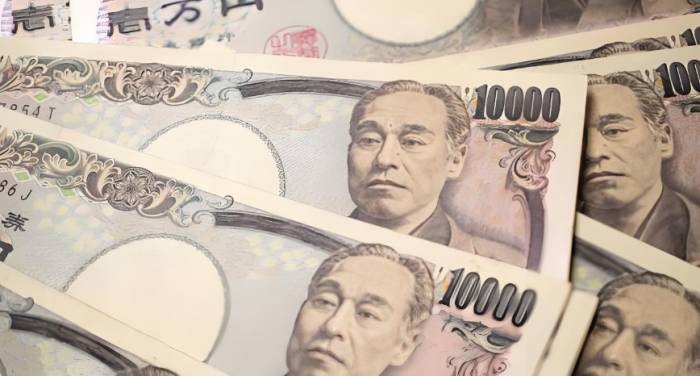The semiconductor industry has recently gone through a tumultuous week reminiscent of the “ice and fire” metaphor. It began with ASML's dismal earnings announcement, which sent semiconductor stocks tumbling, followed closely by the stellar financial results from TSMC, igniting renewed optimism in the market regarding sustained AI demand. This stark contrast highlights the underlying divisions within the chip manufacturing sector.
From a broader perspective, while the AI-driven chip frenzy is far from over, it seems that only those at the forefront of technology will emerge as the ultimate winners.
The immediate catalyst for the erratic stock prices was primarily linked to the performance of these two giants.
On Tuesday, the Dutch lithography equipment leader ASML "accidentally" released its quarterly earnings ahead of schedule, revealing a substantial drop in its order book that fell short of expectations and plunged to its lowest level in nearly three years. This announcement acted like a bucket of cold water thrown on the market.
ASML’s shares plummeted by 17% on that day, marking the largest single-day decline since 1998, which in turn triggered a sweeping decline across the chip sector. The combined market capitalization losses for American chip manufacturers and major Asian counterparts exceeded $420 billion.
With heavyweights like ASML failing to meet the anticipated demand, market skepticism regarding the stability of AI demand began to permeate investor sentiment. Thankfully, just one day later, TSMC's financial disclosures lifted hopes.
When TSMC announced its quarterly results on Thursday, it surpassed all expectations, showcasing a year-over-year revenue increase of 39.0%, setting a historic record. The company also reported a staggering 54% rise in net profit and a record-high gross margin, adjusting its performance outlook positively.
The immediate aftermath saw TSMC’s stock surge by over 12% in after-hours trading, pushing its total market capitalization past $1 trillion, although it settled at a 9.79% gain by the market's close.
The pronounced disparity in performance between ASML and TSMC prompts a closer examination of their respective client bases.
ASML sells its sophisticated lithography machines to major chip manufacturers such as TSMC, Samsung, and Intel. However, aside from TSMC, both Intel and Samsung find themselves navigating difficult waters.
Once a vanguard in technology, Intel has seen its fortunes wane due to strategic miscalculations. It has missed the boat on the rapidly evolving mobile internet and artificial intelligence sectors, effectively becoming obsolete and relegating the production of its chips smaller than 3 nanometers to TSMC.
Samsung Electronics, too, has found itself left behind in the AI surge. The company missed opportunities in cutting-edge chips and high-bandwidth memory (HBM) segments, trailing significantly in market share within the foundry domain compared to TSMC. Just this month, Samsung issued an unusual apology following disappointing operating profits.
In stark contrast, TSMC continues to stride ahead in advanced technology. Recent reports indicate that the revenue share from its advanced processes has further increased, with a combined 52% of third-quarter revenue derived from its innovative 3-nanometer and 5-nanometer production processes.
Looking at TSMC’s client roster reveals partnerships with industry leaders driving the AI chip boom, such as Nvidia, along with AMD and Qualcomm. The demand from these companies remains robust, which reinforces the notion that TSMC is a far more reliable barometer of AI demand.
Morningstar equity analyst Javier Correonero noted to Business Insider, “From a technological standpoint, Intel and Samsung are trailing behind TSMC. The issue lies more with the specifics of their clientele, as both Intel and Samsung struggle to scale new nodes effectively, but this doesn’t reflect a lack of demand.”
During a conference call on Thursday, TSMC’s CEO C.C. Wei underscored that the demand for AI is genuine, explicitly dismissing any notions of an AI bubble.
Kate Leaman, the chief market analyst at AvaTrade, pointed out that “in the short to mid-term, applications in artificial intelligence, data centers, and advanced chips will continue to drive solid demand... Thus, while ASML may experience a temporary slowing, companies like TSMC will likely maintain strong performance in these high-growth areas.”
As other semiconductor giants such as Qualcomm and Intel prepare to reveal their earnings in the coming weeks, a more nuanced picture of the market will likely emerge.






























Comments (0)
Leave a Comment